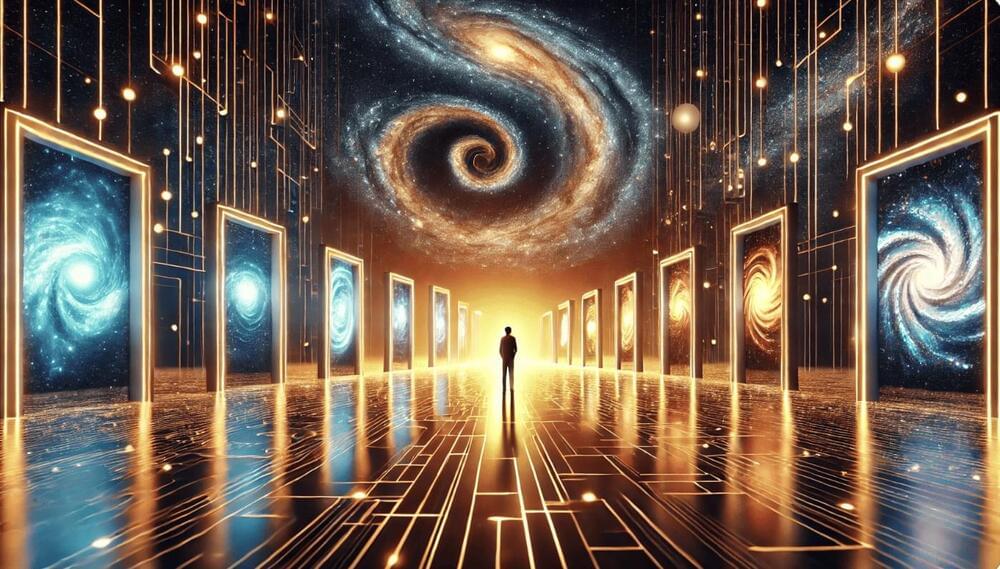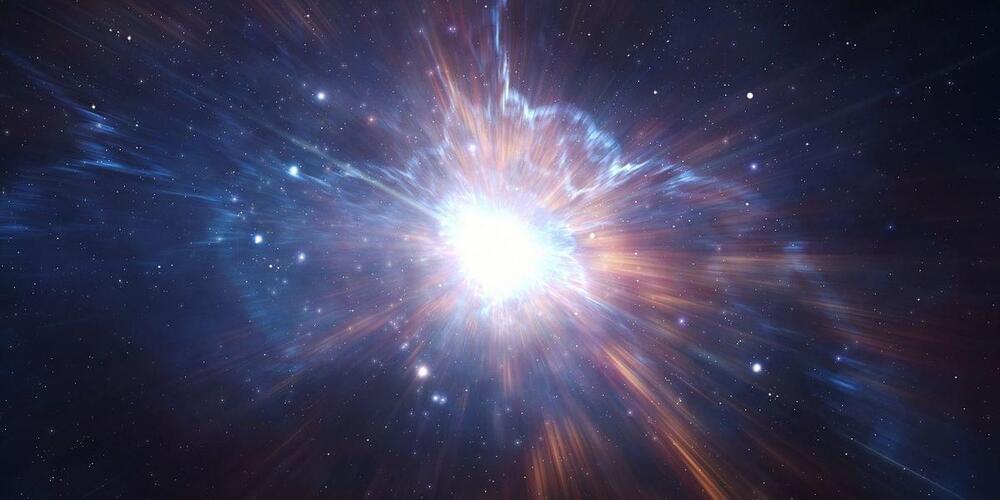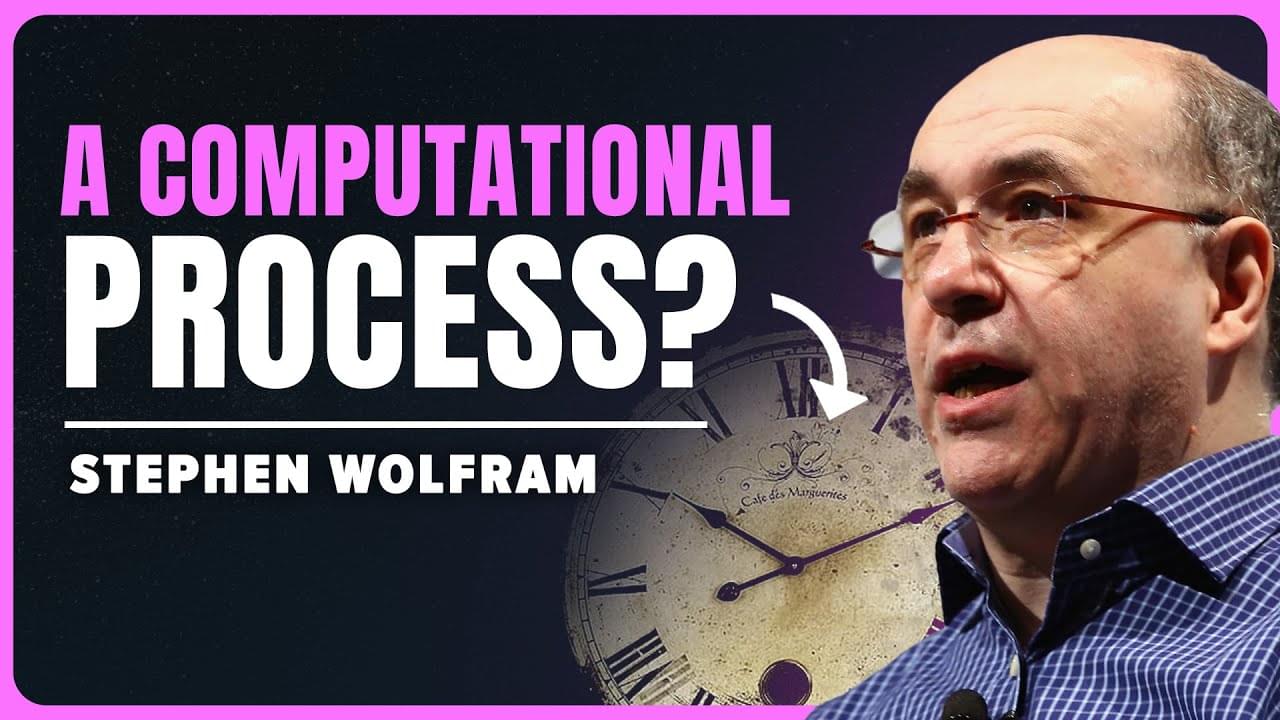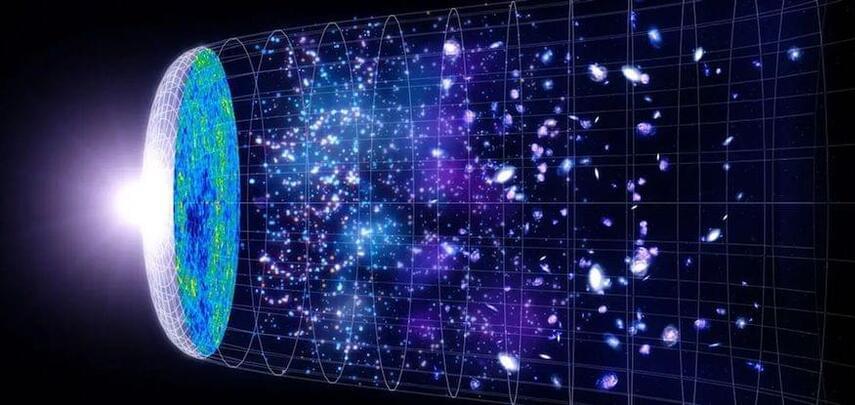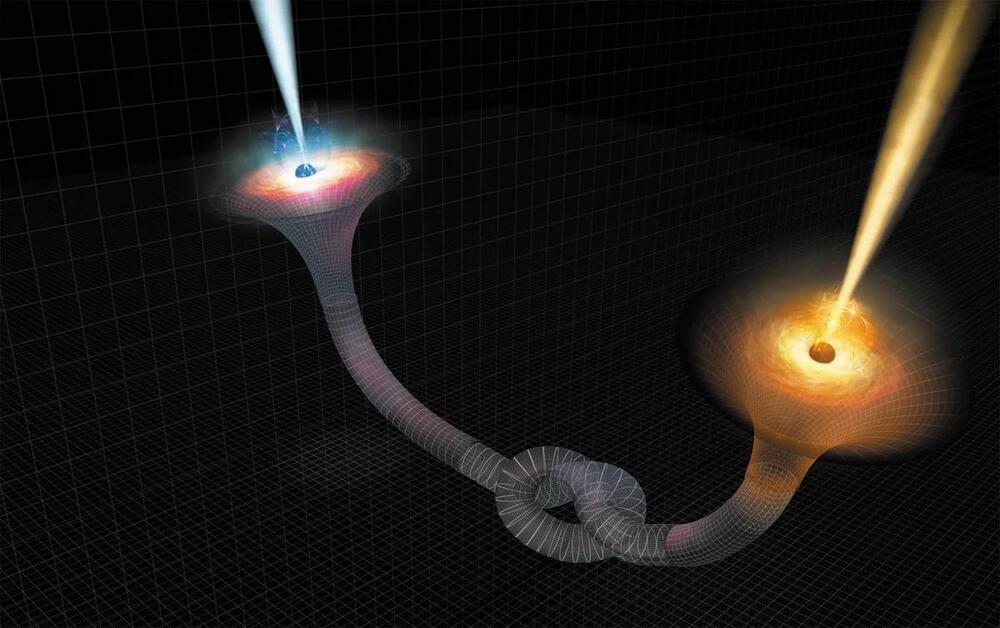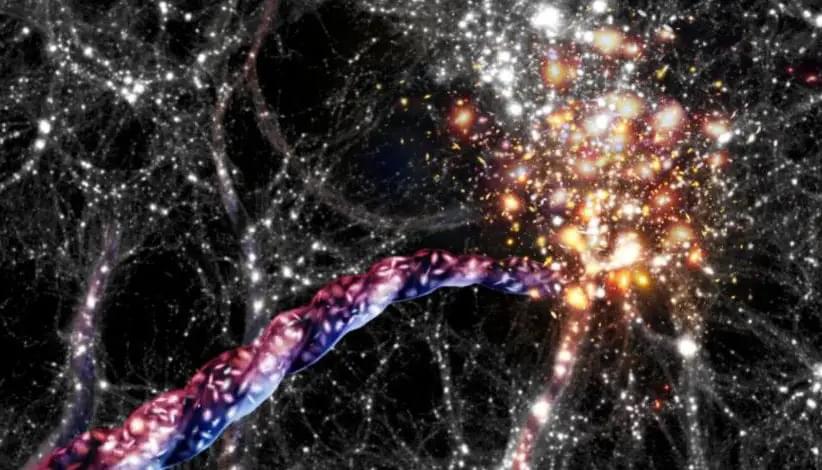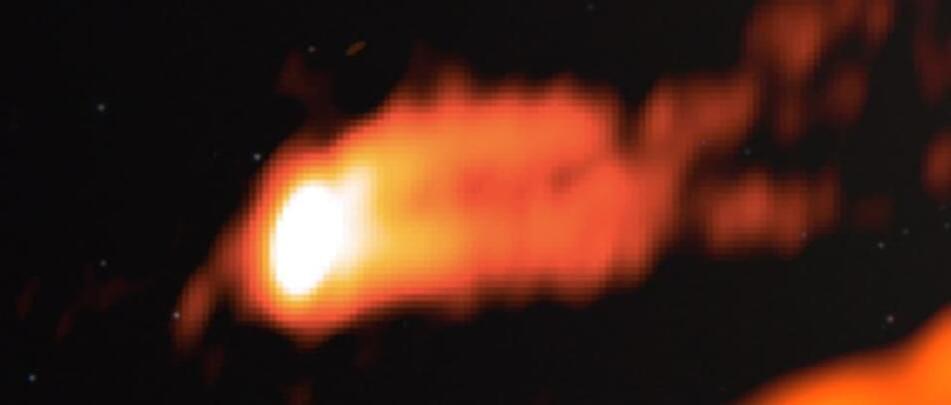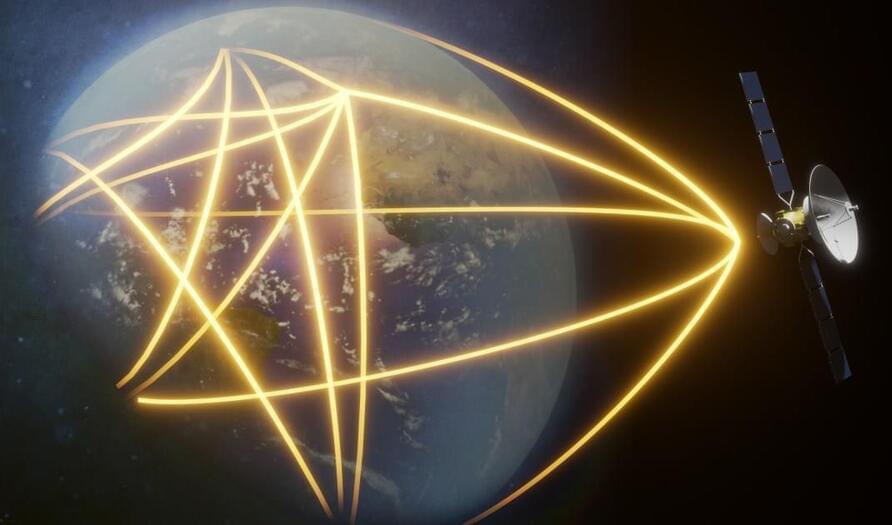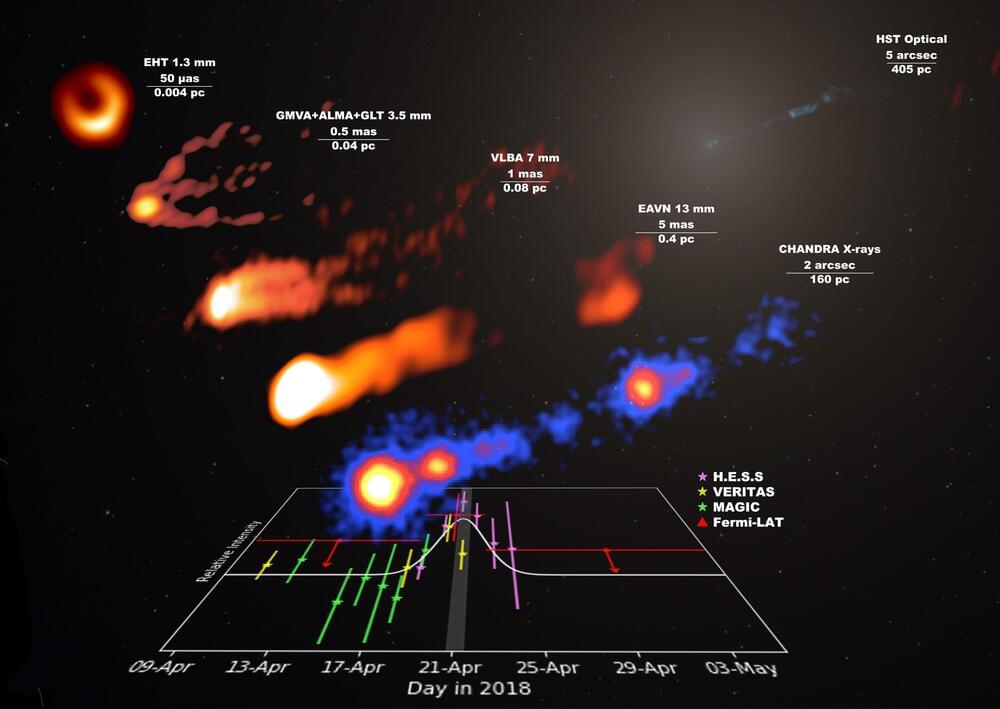Dec 16, 2024
Google’s Quantum Chip Sparks Debate on Multiverse Theory
Posted by Shubham Ghosh Roy in categories: cosmology, quantum physics, supercomputing
Google’s latest quantum computer chip, which the team dubbed Willow, has ignited a heated debate in the scientific community over the existence of parallel universes.
Following an eye-opening achievement in computational problem-solving, claims have surfaced that the chip’s success aligns with the theory of a multiverse, a concept that suggests our universe is one of many coexisting in parallel dimensions. In this piece, we’ll examine both sides of this argument that seems to have opened up a parallel universe of its own — with one universe of scientists suggesting the Willow experiments offer evidence of a multiverse and the other suggesting it has nothing to do with the theory at all.
According to Google, Willow solved a computational problem in under five minutes — a task that would have taken the world’s fastest supercomputers approximately 10 septillion years. This staggering feat, announced in a blog post and accompanied by a study in the journal Nature, demonstrates the extraordinary potential of quantum computing to tackle problems once thought unsolvable within a human timeframe.
